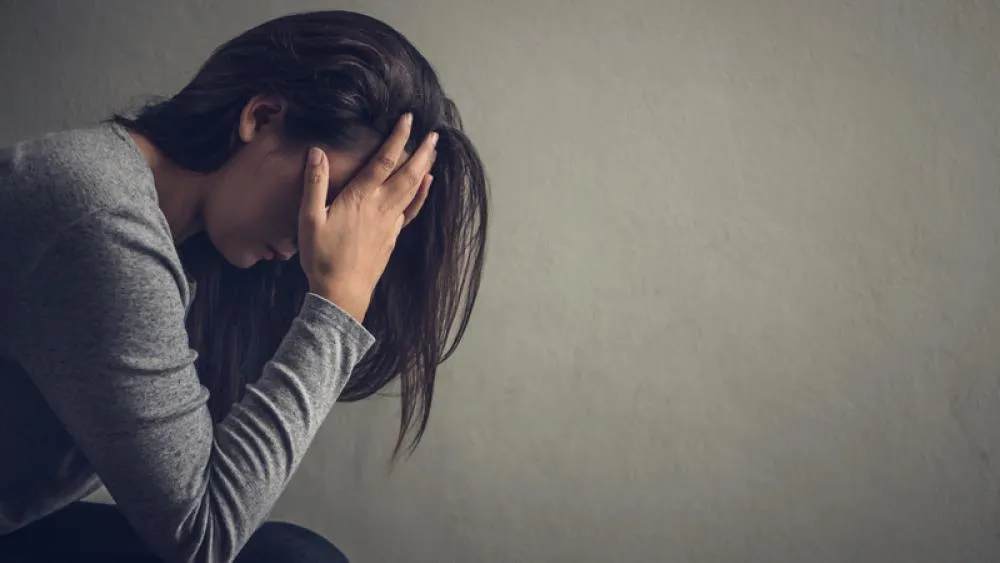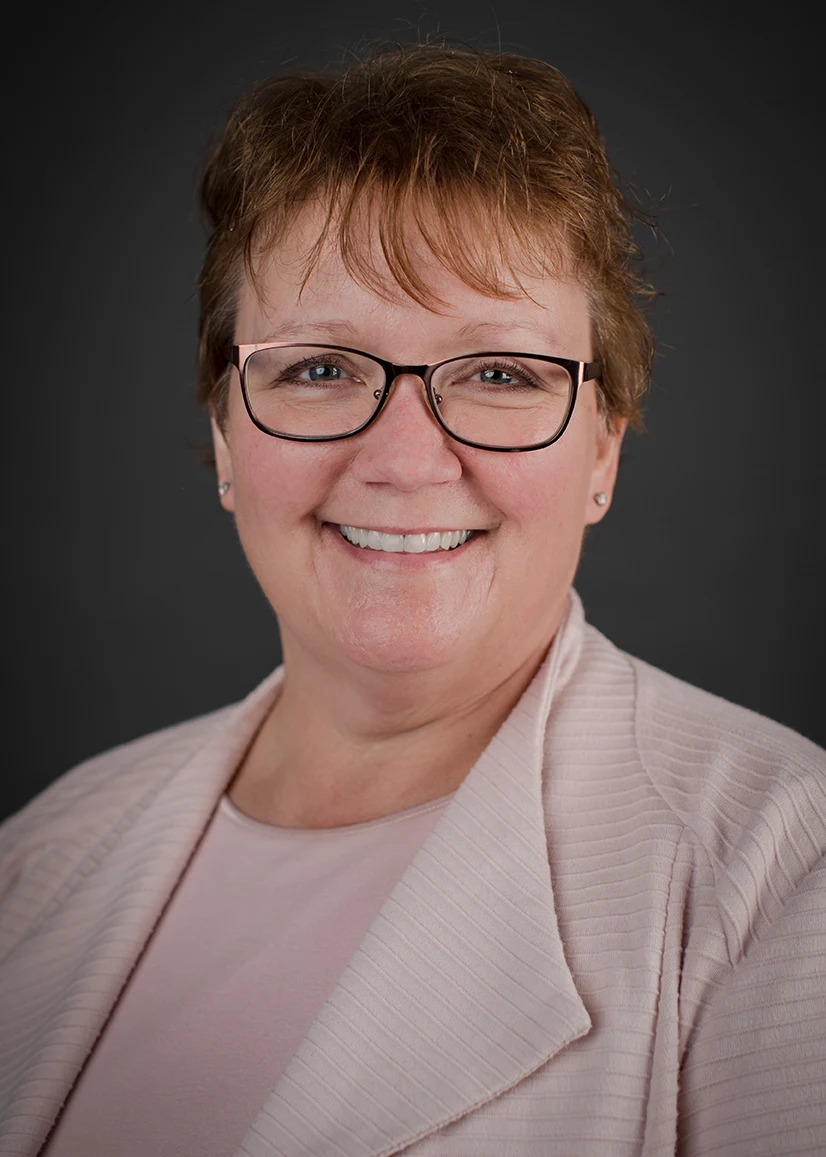Grief
Grief Series: I Am So Angry
Published: Nov. 5, 2021

Anger is a natural reaction to grief and loss. Sometimes it is random and other times it is specifically directed toward someone. Sometimes the person you are angry with is the person who died. Why didn’t she go to the doctor sooner? Why did he abandon me? Why did he refuse to undergo chemo? Sometimes the anger is directed toward God and the thoughts of how He could allow this death to occur. Sometimes anger comes out of the general feeling of the loss of your loved one just not being fair.
Anger can be an ugly emotion. When one is sad, people tend to provide comfort, but when one is angry, people tend to avoid. People don’t want to get in the middle of that anger or outburst so they stay away. And the person who is angry usually knows their anger is misdirected, but oftentimes can’t seem to make it stop. And that’s difficult. So the person may try to suppress his anger or hide it from others. That just causes the anger to build more or, worse, turn inward which then leads to depression. Anger is an emotion that needs to be expressed. It needs to be talked about and explored. And it needs to be recognized as a natural reaction to grief and loss and dealt with accordingly. Here are some ways to confront your anger:
- Talk to a trusted person who is non-judgmental and will listen to you vent your anger or seek out a professional counselor for this.
- Do something physical. Go for a walk or a run. Scrub your floors. Exercise as a way to release that negative energy.
- Scream, yell, kick, punch. Sometimes a good amount of relief can be felt by doing these things. Of course, you want to make sure you do it safely and don’t cause harm to yourself or others.
- Journal. Write out your emotions. Or draw pictures depicting your anger.
- Confront the person you are angry with. Clarify what your anger is about.
- Find a project to pour your grief into. Focus on achieving something in your loved one’s honor. Use the negative energy you have from anger and turn it into something positive.
Losing someone close can be difficult to handle alone. Do you need help? Call (800) 801-4182 or (402) 354-8000 to schedule a confidential appointment.
More Resources
Written by Amy Monzingo, MS, LMHP, LMHC, Best Care EAP counselor, the 12-part Grief Series deals with all kinds off issues individuals go through on their grief journey. Whatever the cause of your grief, there are healthy ways to cope with the pain that, in time, can ease your sadness and help you come to terms with your loss and eventually move on with your life.
- Part 1: I'm Suffering From Heartache
- Part 2: My Caregiver Role is Over, Now What?
- Part 3: I Don't Want to Talk to Anyone
- Part 4: I Am So Angry
- Part 5: I Can't Imagine the Holidays Now That My Loved One is Gone
- Part 6: How Do I Get Past the Guilt?
- Part 7: I Still Talk to My Loved One
- Part 8: Memories are Painful
- Part 9: People Think I Should Be Grieving Faster Than I Am
- Part 10: What Do I Do With My Loved One's Things?
- Part 11: What Stage of Grief Am I In?
- Part 12: How Do I Handle Special Days?

